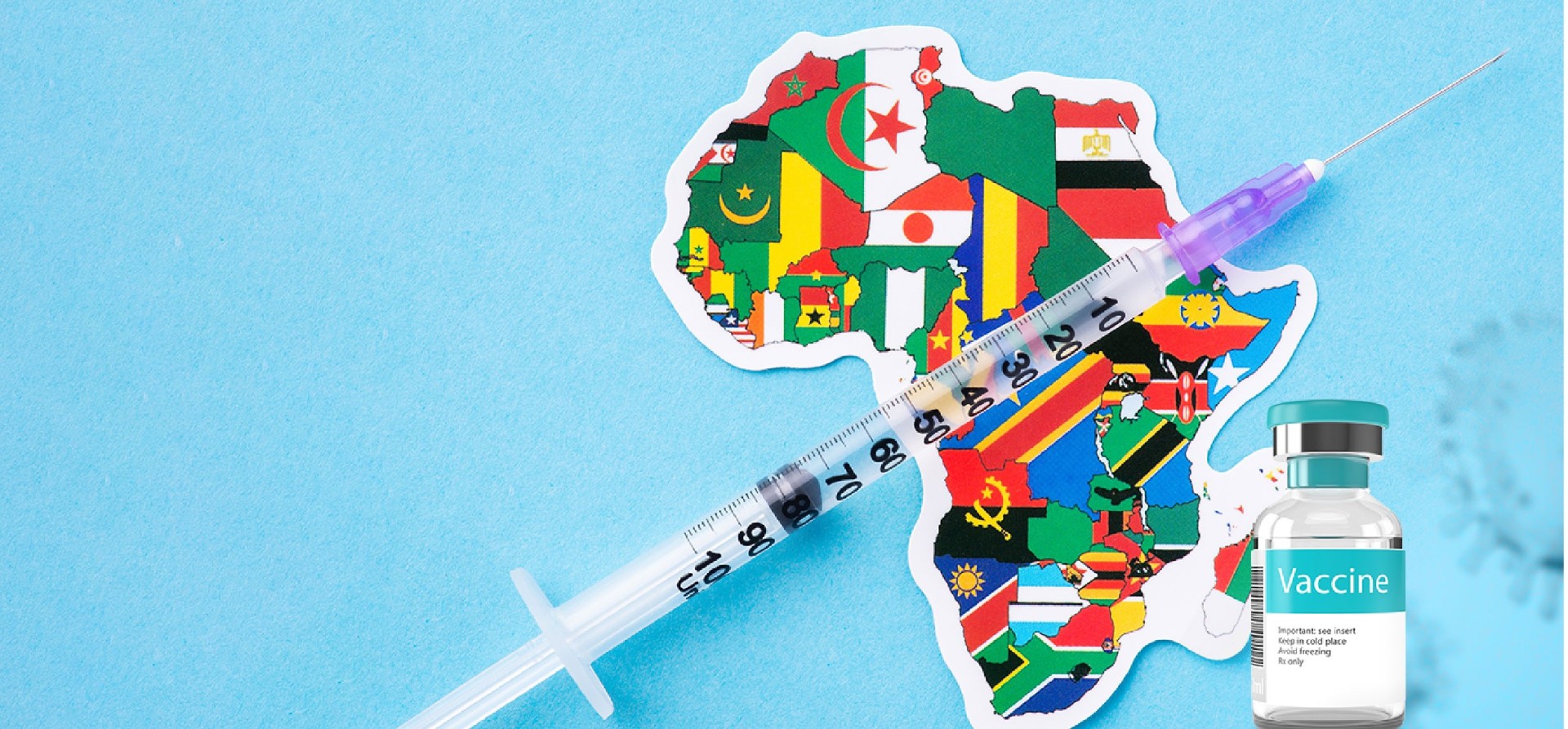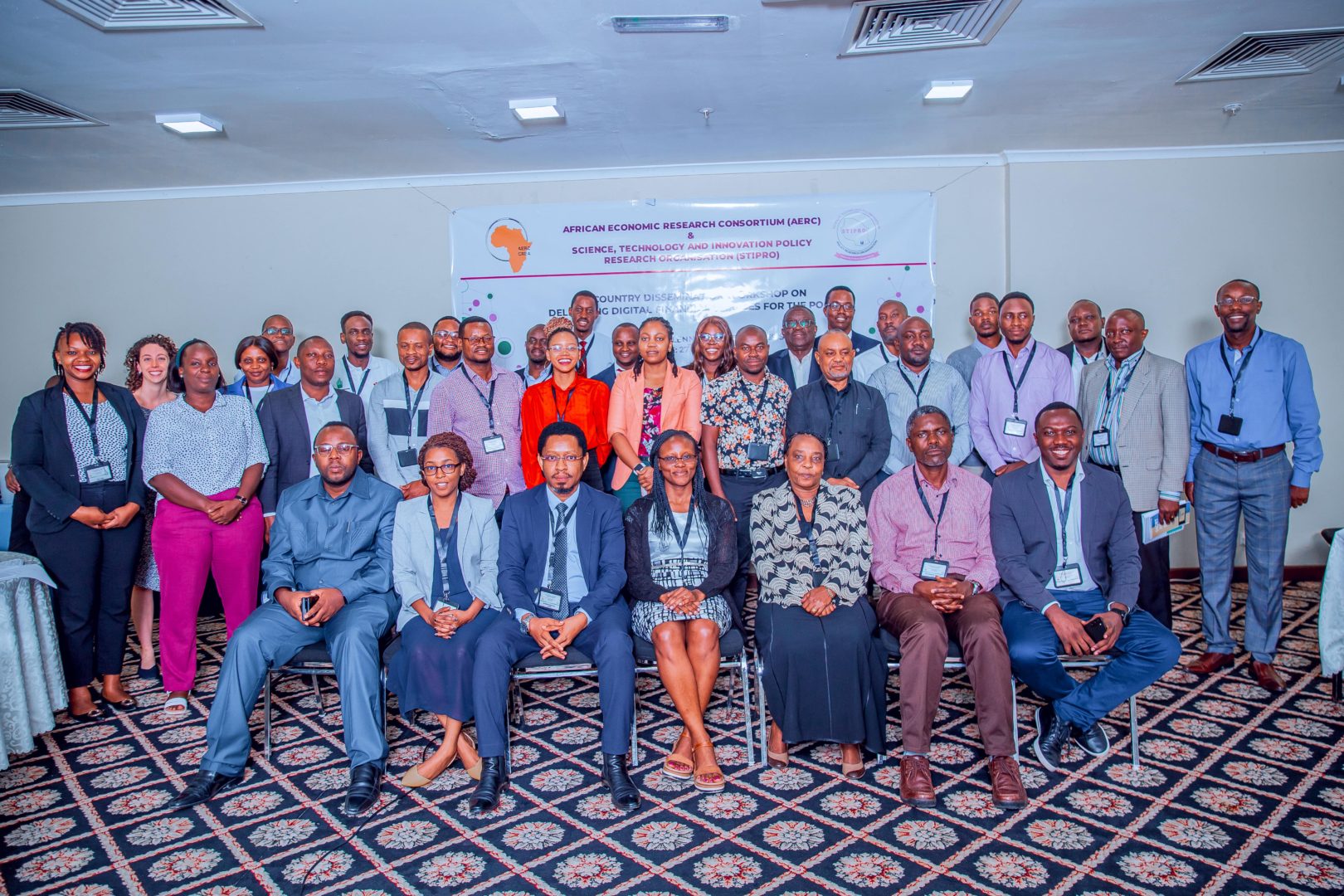

The Consequential Impacts of The Covid-19 Crisis and Fragile Growth in Africa
April 16, 2020The Consequential Impacts of The Covid-19 Crisis and Fragile Growth in Africa
The Consequential Impacts of The Covid-19 Crisis and Fragile Growth in Africa
Despite decent economic and social progress achieved in the last two decades, growth in most African countries remain characteristically fragile. This inherent fragility extends across the economic, social, political and cultural fabrics of life in Africa. The typology of the fragile context revolves around political instability, weak institutions that lead to poor accountability and leadership, civil and political unrest, low human development , low investment levels and the low level of economic diversification that produces protracted economic decline with a negative shock from one sector of the economy, among many other factors.
In fact, the African Economic Research Consortium (AERC) Senior Policy Seminar held in 2019 placed a spotlight on fragility of growth in African economies, and brought together high level decision-makers and key players to deliberate on underlying causes and potential solutions. The goal of the convening was to stimulate informed policy dialogue and related policy-making aimed at reducing identified fragile contexts and building a more resilient African economic sector. Some of the findings and recommendations to curbing fragility and stimulating resilient growth within African economies that resulted from the convening include (but is not limited to) the following:
- Unless the underlying factors perpetuating economic exclusion are addressed, fragile contexts will remain and push for a form of fragility threat – even with growth. Economic growth cannot eliminate fragility without being significantly inclusive of all population groups.
- Democratisation is one of the most important policy levers for reducing fragility as it has both a direct impact on fragility, as well as indirectly influences the underlying causes of economic exclusion.
- Efforts to reduce fragility should focus on reducing poverty and inequality. Part of this include an increase in the general levels of income and this is where market developments and inclusive development seem to score very well.
- When assessing the job market, the quality of employment (not just the number of people employed) is key. Enhancing human-capital based aspects contribute to decreasing fragility measures.
- Fiscal factors that affect fragility include infrastructure endowment, export levels, direct foreign investment, inflation, trade tariffs and government spending. Again, economic inclusion and trade facilitation are pivotal in positively influencing fiscal space and health.
- Economic diversification to reduce the level of reliance on natural resources will help boost Gross Domestic Product (GDP) stability and progress in fragile states, in fact economic diversification seem to solve to a large extent the problem of inclusivity.
- In fragile countries with high levels of government social spending, the focus should be on the quality of spending, not just budgetary allocation.
However, no one was prepared for the current COVID-19 health crisis and the catastrophic effect it is having on the African economies as well as the global economy. Social and economic issues that were already highly challenging have now become exponentially more serious, posing a critical threat to future growth, and even survival of African economic systems in the aftermath of the crisis. While the COVID-19 outbreak has had a severe negative effect on all socio-political elements, it has highlighted the following key weak points as the most significant contributors to the extent of damage the African continent:
- Fiscal systems: Existing weaknesses in the fiscal systems of African economies are being amplified. Fiscal systems were already under pressure due to constrained taxation bases and taxation policies, and the debt situation within African economies. Adding to the tenuous climate were global disruptions such as the United States-China tensions, the effect of Brexit developments on African supply chains and trade processes; and related financial flow difficulties. The current global crisis has intensified pre-existing problematic policy and trade issues prevalent within African fiscal systems even prior to the outbreak, as well as added countless more complications – the sum total of which, is yet to be seen.
- The Digital Divide: The digital divide between Africa and developed regions has never been more evident. As the world is suddenly thrust into a situation where digitally-driven communication and processes is the only option, the need for accessible and reliable internet and affordable data have now proven to be essential public services – not luxuries. African regions with poor infrastructure in this regard will experience the harshest outcomes of the current crisis, but disruptive solutions will emerge. Those countries, like Kenya, who had embraced the electronic payments system suing e-money, will find themselves with an advantage of even designing new payments systems to protect the economy as well as social protection money transfer programs. But even with such virtual program design, informal systems in African economies makes it a challenge to know where the vulnerable groups are, and how to reach them, – this brings a new dimension of data/information on citizens and its governance to allow utilization for positive development program designs.
- Healthcare Systems: African healthcare systems are known to be predominantly inadequate to deal with the basic healthcare needs of the population. Despite persistent calls for transformation, this sector has not received the support and prioritisation required. The current pandemic has revealed the shocking state of African healthcare in various regions, including lack of basic resources (such as protective wear for medical professionals and the ability to safely “house” patients within suitable medical environments). In addition, the glaring lack of adequate laboratory testing ability and capacity threatens to exacerbate the spread of infections. These inefficiencies have severely impeded efforts to contain the virus.
- Human Capital: The COVID-19 crisis has highlighted the risks of not investing in skills development and learning infrastructures. This applies both to the schooling systems and professional education structures. With schools closed, most African communities have no access to educational material due to lack of infrastructure, including digitisation. On the other hand, many working professionals who may have access to digital tools, do not have the skills to effectively carry out tasks remotely during “lockdown” and curfew periods. These skills shortages are worsening the consequences that the virus is having on the economic and educational sectors, which were already causes for concern in Africa
- Urban Infrastructure: The spotlight has been placed on poor urban infrastructures, such as overcrowded and unregulated public transportation systems, as well as extremely weak social welfare systems – all of which (arguably) have contributed to the rapid spread of the virus and governments’ inability to contain in-country epidemics. Efficient public transport system is a cornerstone of urban development and expanding cities. Allowing atomistic, disorganized small public transport system is a recipe for chaos in the African cities. This is a lesson to be picked up after this health crisis.
Although the effects of the coronavirus pandemic are devastating on already fragile African economies, the outlook is not completely dire. In order to move forward, we need to look at the lessons learnt from this crisis and heed the urgency for change that it has highlighted. Weak points, some known, others underestimated, have been brought to the fore. In addition to infrastructural issues, the reliance of African markets on imported goods (and services) has proven to be a detrimental factor during this crisis – particularly with regard to the shortage of masks and other health and safety resources typically sourced from outside Africa. This supports on-going efforts such as the intra-African trade agreement, aimed at bolstering African trade and development across all sectors, including manufacturing and distribution. The emphasis here is one of allowing domestic production capabilities to take root supported by strong institutional make up that support international trade and regional integration.
African decision-makers, including policymakers, need to use this as a framework to build capacity for sustainability that will strengthen socio-economic development across the continent. There is an urgent need for solutions that will move the continent forward, reduce risk and maximise on opportunities in the wake of the COVID-19 crisis. Proposed means of achieving this include:
- Policy-making and interventions that take into account the existing weaknesses within African economies, the post-crisis challenges facing the continent and future long-term methodologies to forestall the negative effects of crises
- Making use of existing research for planning and policy-making. Investing in research driven by the objectives of practical implementation within African economic sectors. In this line of action, dialogue to optimize on optimal solutions is important to push the practical policy choices
- Enlisting the support of multilateral institutions and bi-lateral partners, and working together to develop comprehensive and effective solutions to overcoming challenges across different sectors. This includes supporting existing initiatives centred on building partnerships, such as the African Development Bank’s efforts to bring together various development finance institutes with an aim to strengthen private investment contributions into fragile economies
- Going back to the drawing board and re-assessing the dynamics of health financing. What can be done differently to improve the healthcare industry across Africa? Solutions include partnerships between public and private sector organisations, as well as regional healthcare policy revisions that benefit those who need it the most. There is a market for efficient health care systems. India has discovered this. The next important step is how to make this market work.
- Governments and the private sector need to consider ways to help the population and African markets recover from the debilitating effects of COVID-19 on factors such as GDP growth, critical macro-economic indicators, inflation, exchange rates, employment and livelihoods to vulnerable sectors. There are sectors that will emerge from the crisis stronger – like the pharmaceutical and health care system, education system that allow digital platform interventions, entertainments, e-commerce, e-government services and virtual banking and payments systems, research and dissemination systems. But to drive the economies, these sectors must evolve with permanently disruptive solutions. They will drive recovery after the crisis.
- The implementation of the African Continental Free Trade Area agreement needs to be accelerated. This will boost intra-African trade, development and economic diversification, making African economies less vulnerable to economic shocks and more resilient to global crises or market disruptions.
- Related to the point above, resuscitate the African domestic supply market. For example, the African textile industry has lost market share to imported goods over the years – now is the time to look for ways to revive the African manufacturing sector in a viable and sustainable way.
- The need for skills development can no longer be ignored. Education across all levels (including all stages of schooling and professional roles) has to be prioritised. This includes specialised and digital skills. The value of investing in human resources should not be underestimated. Research also must be dedicated to the future of work, and the creation of new job roles and suitably trained professionals to fulfil these roles.
- Investment in innovation, entrepreneurship, digitisation and agile business operations is imperative. Rigid and purely traditional businesses approaches mean that companies cannot respond or adapt quickly enough to changing business environments, such as that of a crisis – inevitably leading to economic ruin for those who are unable to evolve accordingly. Governments need to look at ways to help businesses to transition.
How Africa reacts in the aftermath of this social and economic crisis will be definitive in guiding the recovery and inclusive growth of the continent. We cannot predict the future, but we can certainly be better prepared for the uncertainties that lie ahead.
Decisive, research-driven and solution-orientated steps need to be taken to turn adversity into opportunity. While the full effects of the crisis are yet to be seen, those in the driving seat need to start taking action now to mitigate the negative impacts and work towards building and strengthening the continent. Africa will rise from this battle, with the potential to be stronger than ever.






